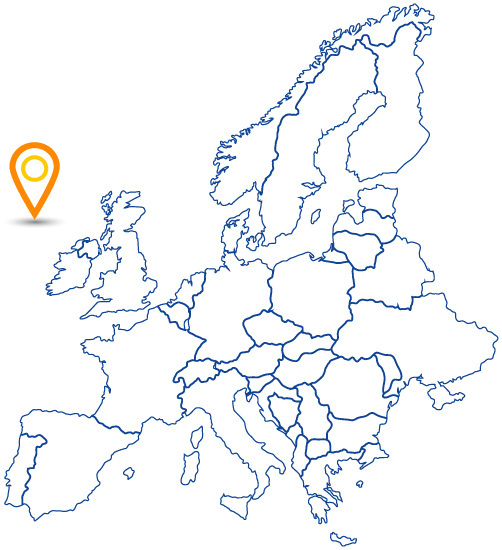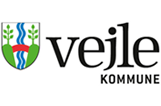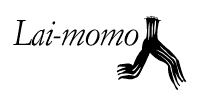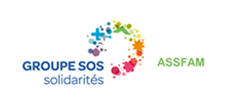Online event 28th May 2020
HOW TO RECOGNISE A RESILIENT CITY?
The resilience of a city is its capacity to respond to difficulties, emergencies, or stressful events in a positive and constructive manner.
This response should ultimately lead to a constructive recovery process involving all aspects of complexity that characterize the cities of today: cultural, social, and economic diversity, together with local cultural heritage. All this to achieve in-depth, long-term recovery of the city and all its inhabitants. Therefore, the resilience of a city is based on its capacity not to leave behind groups that are considered most at risk because of economic, social, cultural, and linguistic factors.
A resilient city draws from the strength of all its inhabitants and grows out of the differences between them. Resilient cities understand and embody diversity as layers of strength from which to draw upon, both in routine times as well as in times of need (both natural and man-made disasters).
The challenge
Is the information system of our cities good enough to reach all the citizens?
Key activities
Project activities start from the development of an online self-assessment tool
Results
Improved capacity of European cities to protect their citizens
Documents & Resources
In this section you can find out more about documents, reports, tools and case studies related to the key topics of the AMARE-EU project
Amare-Eu Tools
The AMARE-EU project has developed an online self-assessment tool to help cities test their capacity in fostering a culture of prevention in presence of multicultural societies, and a multilingual toolkit providing suggestions, examples and concrete solutions to enhance resilience in local communities











